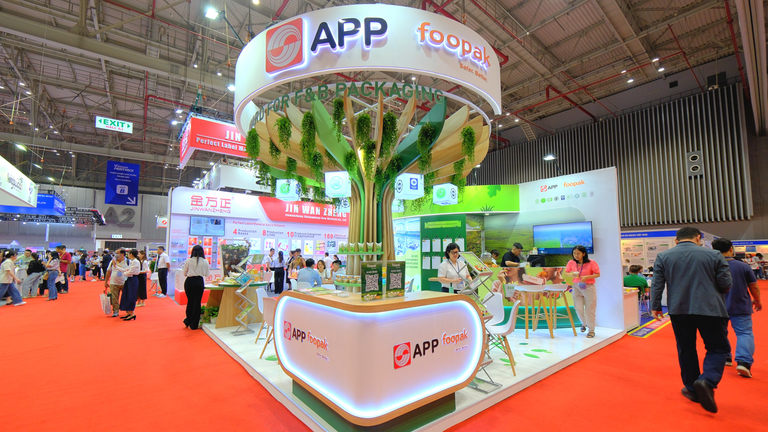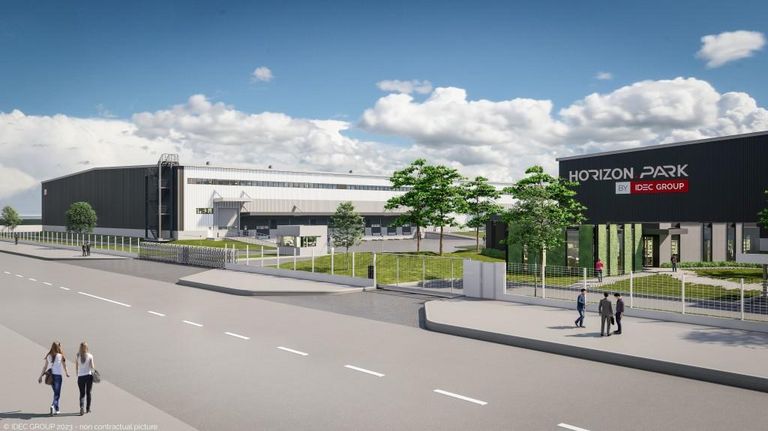Atualidade das empresas • Vállalati hírek • 企業トピックス • Nyheder fra virksomheder • Актуално за компаниите • Şirket haberleri • Actualitatile membrilor • Nytt fra bedrifter • Nieuws van bedrijven • Poslovne vesti • Новини компаній • Επικαιρότηατ επιχειρήσεων • Новости предприятий • 회원사 소식 • Jäsenyritysten uutisia • Novinky zo sveta biznisu • Aktualitet mbi kompanitë • Členské aktuality • Firmen Neuigkeiten • Actus des entreprises
APEC - Vietnam sharpens focus on regional ties
By Rey Davis-Tuplano. As it takes over as chair of APEC this year, Vietnam will be working towards promoting growth and enhanced regional integration, while also pushing its own reform agenda at home. Founded in 1989 as a vehicle to promote regional cooperation between Pacific Rim economies, some of APECs core principles, such as free trade, are coming under pressure.
Roadblocks to prosperity
“APEC 2017 takes place as the world and our region experience profound and rapid changes,” Bui Thanh Son, permanent deputy minister of foreign affairs, told OBG in a recent interview.
“Prolonged economic stagnation, rising protectionism, anti-globalisation sentiment, terrorism and regional conflicts, along with more complex non-traditional security challenges, are significantly affecting our forum and each member economy.”
While the region faces a rising tide of challenges to development, some stakeholders believe that these could spur a new dynamism as economies look to foster more inclusive and sustainable growth.
“In 2017 APEC will have an even more important role to play in curbing protectionism and promoting the kind of trade that is not only free but also inclusive for all, creating business and employment opportunities for societies,” Bui Thanh Son said.
Pressing priorities
Operating under the theme “Creating New Dynamism, Fostering a Shared Future”, APEC will have four key pillars in 2017. The first of these aims to enhance economic resilience, increase productivity, alleviate poverty, narrow the development gap and empower women and girls through structural reform, innovation and human resource development.
The second priority for the year will be to develop greater regional integration and connectivity, seen as crucial to regional economic growth.
The third pillar involves boosting the competitiveness and innovative capacity of micro, small and medium-sized enterprises (MSMEs) – allowing them to better capitalise on the opportunities of the digital age – while the fourth looks to strengthen food security and sustainable agriculture to meet the demand of an ever-increasing population.
Home-ground advantage
Vietnam is set to host around 200 activities as chair of APEC this year, including eight ministerial-level conferences and the 25th APEC Summit in Danang.
According to Bui Thanh Son, this could all help add momentum to the region’s economic growth and integration and Vietnam’s own development push.
The third APEC pillar in particular dovetails with the directions of reforms being enacted domestically, with recent moves focusing on enhancing the business environment.
To this end, Vietnam issued its latest Resolution 19 reforms earlier this month – the fourth such package in as many years.
As part of the resolution, the government aims to reduce the processing time required for several types of administrative procedures. This includes lowering the average time taken for construction licence approvals from 82 to 63 days, bringing down the time spent on tax and social insurance payments to 168 hours per year from 540, and speeding up Customs clearance procedures.
Authorities also want to halve the number of days it takes for a company to connect with the state’s water supply to seven days.
The ultimate target is for Vietnam to have achieved the same average indicators for its business environment as ASEAN-4 countries, namely Malaysia, Thailand, Singapore and the Philippines.
The reforms should also help cut costs and the time needed to start a business in Vietnam, making it a more attractive investment destination for potential investors at home and abroad.
Business climate change
Furthermore, improvements in these area could help lift Vietnam on the World Banks ease of doing business index, where it ranked 82nd of 190 economies. While this was a nine-place improvement on the “Doing Business 2016” report, the country slipped ten positions in the “starting a business” category.
Areas where Vietnam registered improvements were in paying taxes and trading across borders. Improvements to the former were facilitated by simplifications to tax compliance processes undertaken in the previous Resolution 19 reform drive, which also saw the country implement an electronic customs clearance system to make trading across borders easier, cheaper and faster.
“This Vietnam economic update was produced by Oxford Business Group.“


